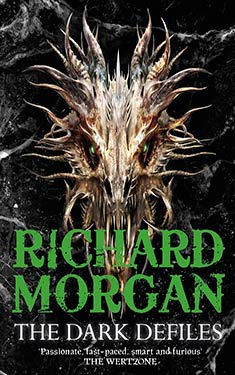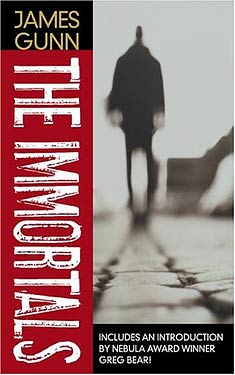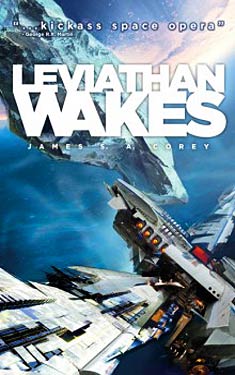Poppy Z. Brite
Completed 9/12/2014, Reviewed 9/21/2014
5 stars
Poppy Z. Brite only spent about a decade or so writing
horror. “Exquisite Corpse” is her last
full length horror novel. It is the
terrifying and grotesque tale of a necrophiliac and cannibal who, well, hook
up. While her two earlier novels lushly escort
you through accessible, gothic themes and plot, “Corpse”, pardon the
expression, bites you with tight, efficient prose and drags you kicking and
screaming through the darkest, goriest nightmare you will ever have. If you don’t want nightmares, jump right to
my final paragraph. If you’re brave, and
think you can stomach the full review, read on.
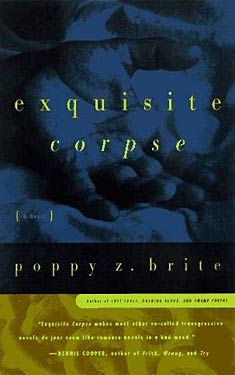
What amazed me the most about “Corpse” was how quickly Brite
gets the reader into the heads of the serial killers. She does it by introducing you to Andrew
Compton while planning his escape from prison and reflecting on his career
killing the teenage detritus of British society and having sex with their dead
bodies. Jay Byrne, on the other hand, is
at-large in New Orleans,
having sex with the eviscerated bodies of runaways and tourists then eating
them. Jay is in a little crisis, wanting
to eat his teenage drug dealer, but afraid of breaking his own rule of not
selecting locals for dinner. As much as
you don’t want to be there, within a few chapters, you are part of the angst of
these two wretched creatures, and barely able to contain yourself with the
anticipation of how they are going to meet.
The third corner of this dark triangle is Tran, the drug
dealer. Having already disappeared on his
HIV-positive lover after their tests came back different, he runs away from
home when his parents find his old love letters. Young and naïve, his poor judgment easily
drops him in the lap of the two monsters.
Watching him make bad decision after bad decision is like being a little
kid watching Frankenstein, feeling the setup, covering your eyes, saying “No,
no, no” but still peeking through your fingers to watch it happen.
I have to mention the last major character of the book,
Luke, the HIV-positive lover. He has a
show on a pirate radio station where he releases all his rage about his AIDS
diagnosis. It’s just as brutal and
horrific as the content of the story.
“Exquisite Corpse” was written in the 90’s. I think it’s safe to say that what this book
really does is give us the most gruesome metaphor for that horror that eviscerated
a huge part of the gay population. Brite
was angry, and this is how she let you know it.
Throughout the book, Brite gives you graphic, horrendous
accounts of the murder, mutilation, necrophilia and cannibalism. It is hard to believe that someone could
actually imagine this stuff. But she
does, conveying it with nerve-wracking, engrossing prose. That’s what’s so masterful about Brite. She writes about horrible things and makes you
want to read it to the end.
In all honesty, I have to give this book five stars. It scared the pants off me, and I couldn’t
stop reading it. However, I do not
recommend this book to everyone. You
need a strong stomach for unbelievably graphic sex and violence. The whole time I was reading it, my pulse was
rapid and my breathing short. I often
had to put the book down, get up, and drink a glass of water, just to be able
to pull myself out of the altered state in which this book put me. During the first evisceration, marveling at
the tight, almost beautiful prose describing this horrific process, I was
reminded of a review of the movie “The Exorcist” in our local Catholic
Archdiocesan newspaper back in the 70’s.
The already biased critic said that it was a topic that should not have
been put on film, but admitted, “It’s an excellent production of a bad
movie.” That’s what “Exquisite Corpse”
is, an amazing, riveting, terrifying book about very, very evil things.
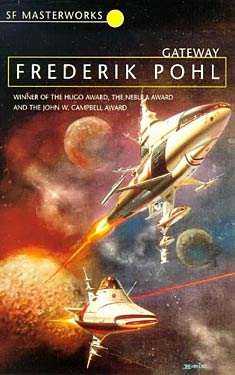 The main character was brash, arrogant, and immature. I can’t say he grows through the novel, but
we get to understand why he is the way he is, and what holds him back from
growing. Sometimes the therapy sessions
are a little annoying, because that’s where you see his immaturity quite
bluntly. But they are necessary in
getting him to a resolution.
The main character was brash, arrogant, and immature. I can’t say he grows through the novel, but
we get to understand why he is the way he is, and what holds him back from
growing. Sometimes the therapy sessions
are a little annoying, because that’s where you see his immaturity quite
bluntly. But they are necessary in
getting him to a resolution.